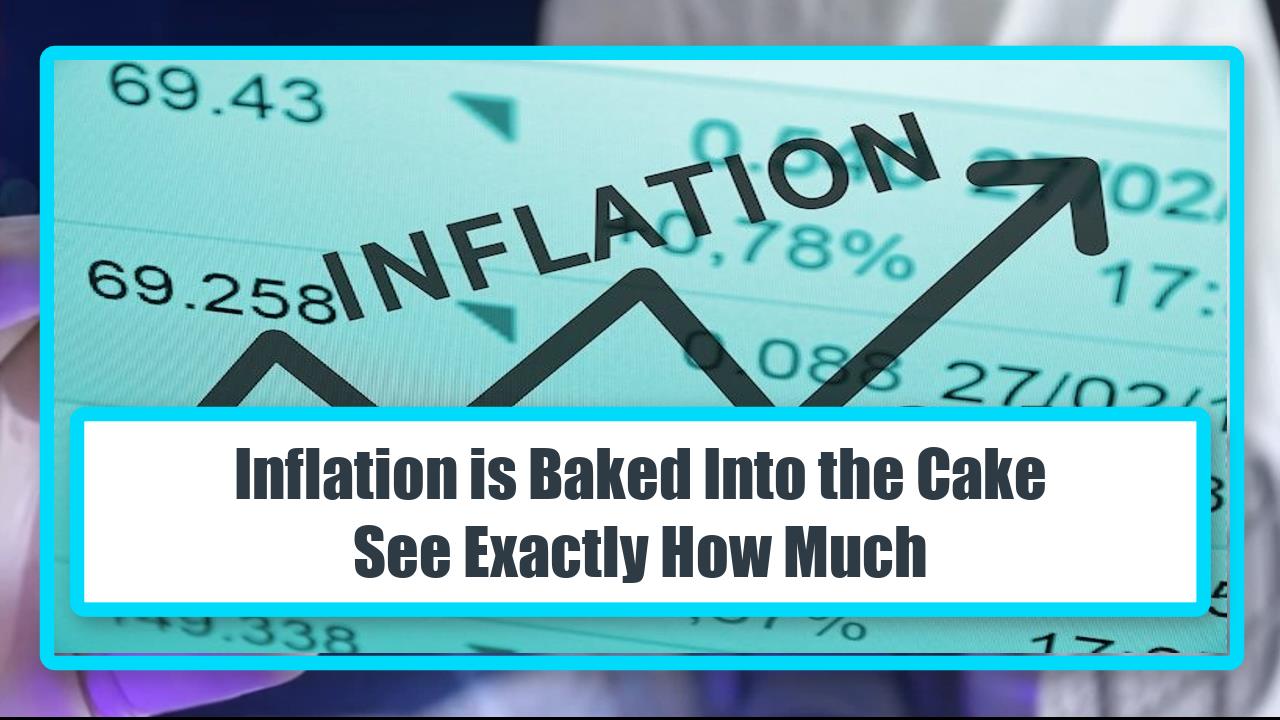Video:
Take our online poll:
AI Analysis:
Inflation is the general increase in prices and decrease in the purchasing power of a currency over time. Besides money supply growth, several other factors can contribute to inflation:
1) Demand-Pull Inflation: This occurs when aggregate demand in an economy outpaces aggregate supply. Consumers have more money to spend, and firms respond by raising prices to meet the increased demand for goods and services.
2) Cost-Push Inflation: When production costs for businesses increase, they often pass these higher costs onto consumers through higher prices. Factors such as rising wages, increased raw material costs, and higher taxes can lead to cost-push inflation.
3) Supply Chain Disruptions: Disruptions in supply chains, caused by factors like natural disasters, geopolitical conflicts, or pandemics, can reduce the availability of goods and services, leading to higher prices.
4) Exchange Rates: If a country's currency depreciates relative to other currencies, the cost of imported goods increases. This can lead to higher prices for foreign products, contributing to inflation.
5) Wage Spiral: When workers demand higher wages to keep up with rising prices, businesses may respond by increasing prices further to cover the increased labor costs, leading to a wage-price spiral.
6) Expectations of Inflation: If consumers and businesses expect prices to rise in the future, they may adjust their behavior by spending more now or demanding higher wages, which can contribute to higher inflation.
7) Government Policies: Fiscal policies, such as increased government spending or tax cuts, can stimulate demand and potentially lead to inflation. Similarly, monetary policies, like low-interest rates or quantitative easing, can influence inflation by affecting borrowing and spending.
8) Population Growth: Rapid population growth can increase demand for goods and services, putting upward pressure on prices.
9) Speculative Bubbles: When there is excessive speculation in asset markets, such as real estate or stocks, it can lead to inflated prices, contributing to overall inflation.
10) Global Commodity Prices: Increases in the prices of essential commodities, like oil and food, can have cascading effects on various sectors of the economy, causing inflation.
It's important to note that inflation is often the result of a combination of these factors and can vary in intensity and duration depending on the economic context. Central banks and policymakers closely monitor these factors to manage and control inflation within a target range.
References:


Comments